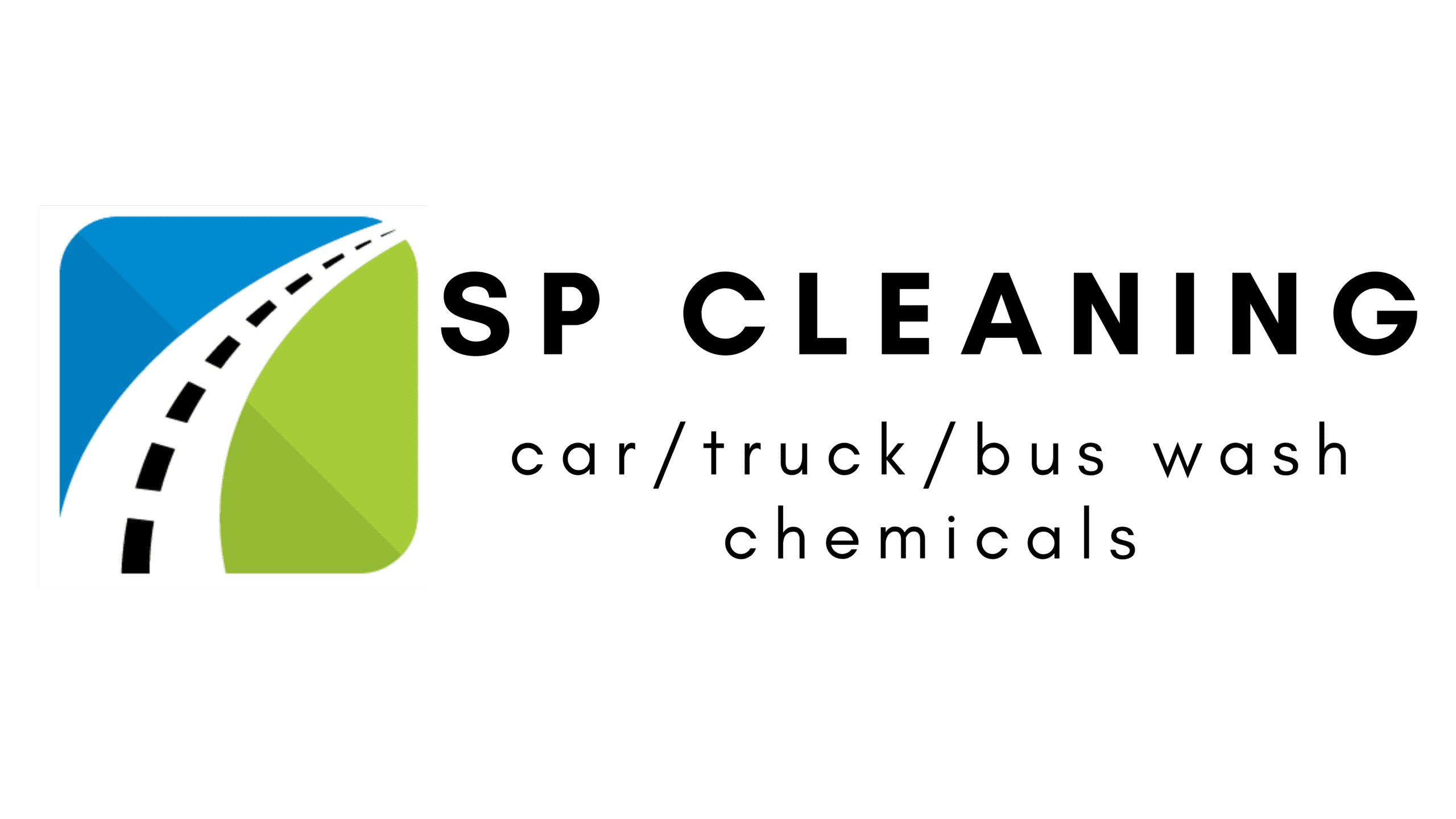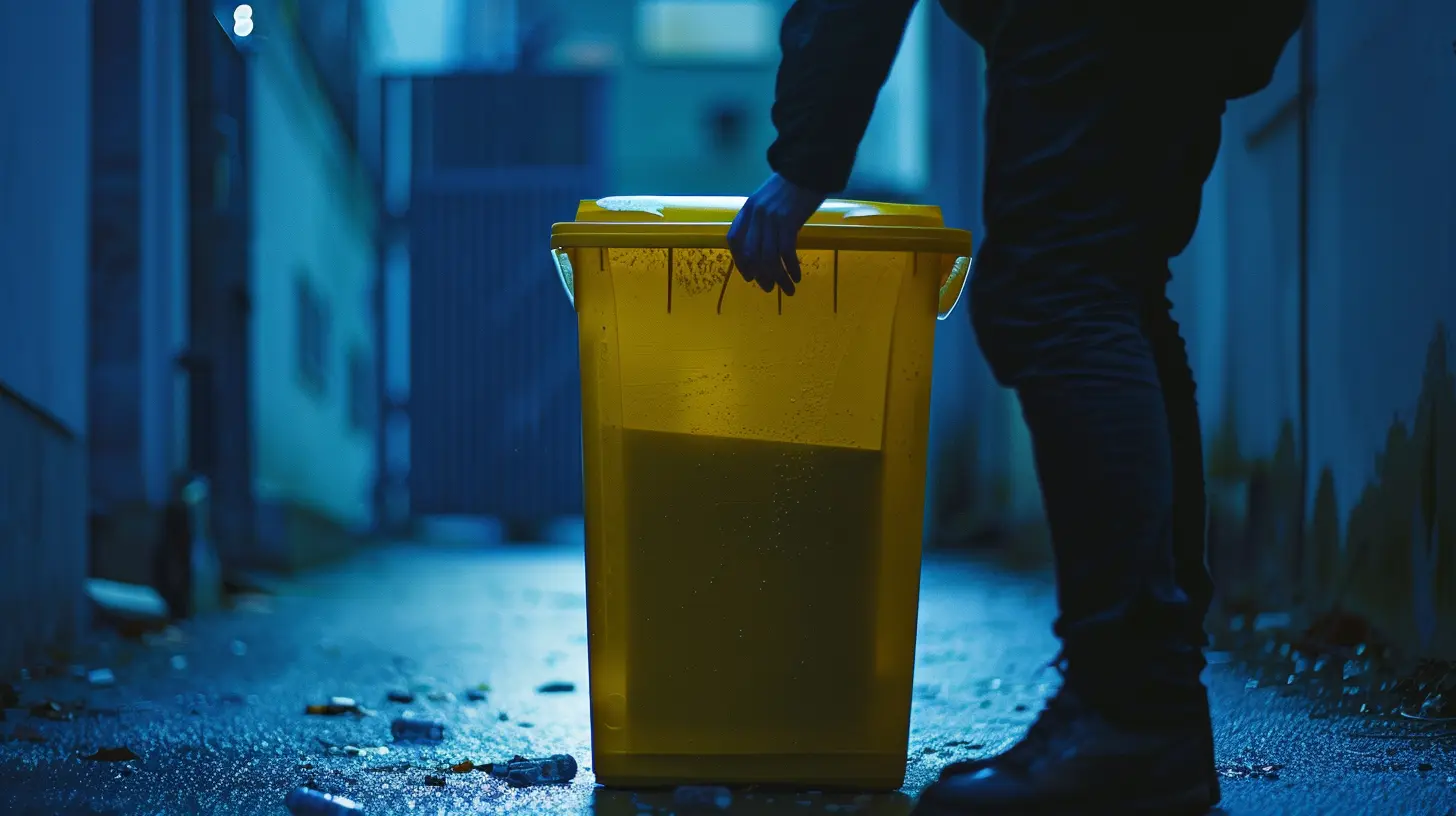Did you know that improper disposal of cleaning chemicals can lead to environmental pollution and health hazards?
As someone who’s always looking for safe and responsible ways to dispose of household products, including cleaning supplies and solid waste, I understand the importance of proper chemical disposal.
In this post, I’ll share practical tips on how to safely get rid of cleaning chemicals, ensure a cleaner environment, and safeguard your family’s well-being.
Key Takeaways
- To Dispose of cleaning chemicals, you need to understand the chemical type and dispose of that chemical according to their types, such as hazardous, non-hazardous, or corrosive, to minimize environmental impact.
- Prioritize safe disposal methods, such as recycling or utilizing designated collection facilities, to prevent harm to individuals, wildlife, and the environment.
- Maximize the use of cleaning products by following proper storage and handling guidelines, reducing the quantity of chemicals requiring disposal.
- Locate disposal regulations by staying informed about local, state, and federal guidelines to avoid legal and environmental repercussions.
- Encourage sustainable practices by exploring eco-friendly alternatives, promoting responsible chemical use and disposal, and decluttering.
1. Understanding Disposal Needs
1. Assess Practices
We need to see if it’s working well or if we need to make it better. By looking at what we’re doing now, we can fix any problems and make things better.
2. Check Labels
It’s really important to read the labels on cleaning stuff for decluttering time and supplies. You gotta follow the disposal rules on the labels. And watch out for any danger signs to know how to throw it away.
3. Identify Chemical Types
It’s important to know different cleaning chemicals, decluttering, and how to get rid of them safely. I found out that some old ways of getting rid of chemicals were wrong.
By reading labels carefully, I learned how to declutter and throw away certain chemicals the right way. Knowing the types of chemicals helped me understand their dangers and how to throw them away properly.
2. Disposal Methods for Different Types of Cleaning Chemicals
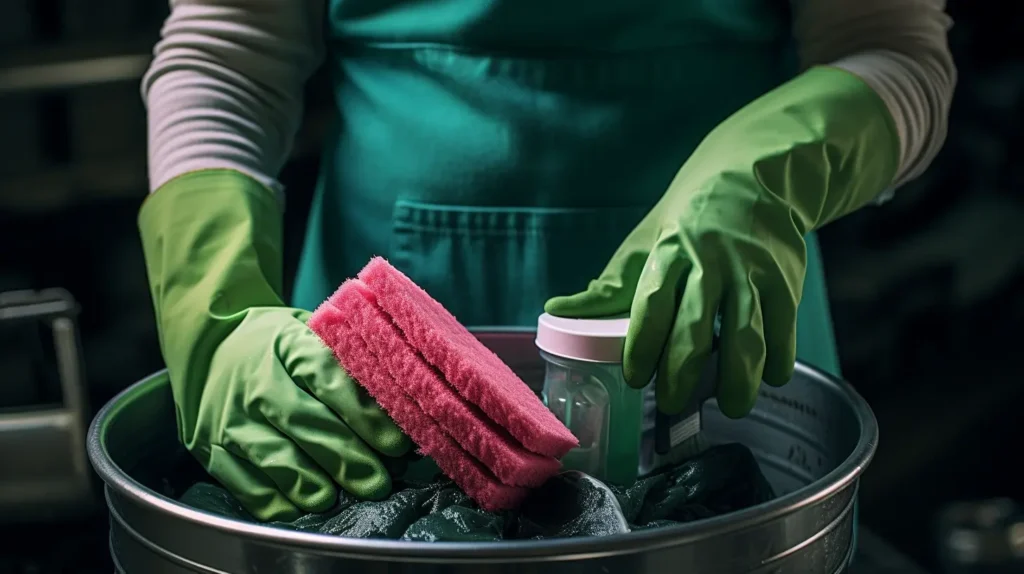
1. Corrosives
Corrosive cleaning chemicals such as drain cleaners and oven cleaners should be disposed of through a hazardous waste collection program or professional disposal company. These substances can cause severe damage if not handled properly.
2. Flammables
For flammable cleaning chemicals like some polishes and solvents, it is essential to dispose of them through a hazardous waste collection program or professional disposal company. The potential fire hazards make it crucial to handle these substances with care.
3. Aerosols
When it comes to aerosols, empty cans can be recycled. However, partially full ones should be collected separately for proper disposal. This ensures that the remaining contents are managed safely.
4. Bleach and Water-Soluble Cleaners
Bleach and water-soluble cleaners can generally be flushed down the drain with plenty of water. However, it’s important to note that they should never be mixed with other chemicals. Mixing certain cleaning agents can result in dangerous chemical reactions.
It’s super important to throw away cleaning chemicals the right way. If you don’t, it can hurt the environment and people’s health. So make sure to follow the right way to throw them out!
3. Safe Disposal Methods
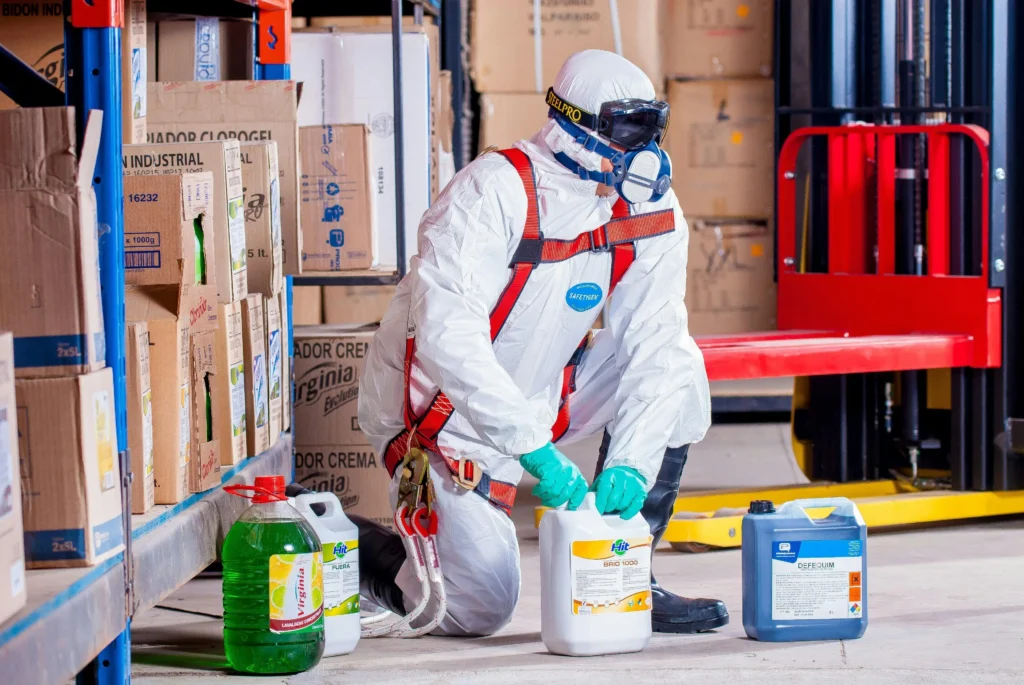
1. Trash Bins for Chemicals
When disposing of cleaning chemicals, it’s crucial to locate designated trash bins specifically meant for this purpose.
These bins are often labeled for hazardous waste disposal. Small quantities of non-hazardous cleaning chemicals can be safely disposed of in regular trash bins.
However, it’s important to adhere to any local regulations regarding the disposal of cleaning chemicals in trash bins.
I once had to dispose of an old bottle of cleaning solution, and I found out that my local recycling facility accepted certain types of cleaning chemicals. It was a relief to know that I could recycle it instead of just throwing it away.
2. Recycling Options
Exploring recycling options is another essential step in safe chemical disposal. Certain types of cleaning chemicals can be recycled, reducing their environmental impact.
Researching recycling facilities that accept cleaning chemicals is important for proper disposal. By doing so, you contribute to environmental sustainability and ensure that these chemicals don’t end up harming the environment.
3. Waste Prevention Tips
To minimize the generation of excess cleaning chemicals, implementing waste prevention strategies is key.
Storing cleaning products properly helps prevent wastage and ensures longevity. Using cleaning chemicals efficiently reduces the amount of waste produced. This not only saves money but also minimizes environmental impact.
If you can’t find an organization that will take your products and no one you know needs them, try a community reuse site like Freecycle
4. Maximizing Use of Cleaning Products
1. Using Excess
Instead of discarding unused cleaning products, get creative in finding ways to maximize their use. Consider using them for unconventional cleaning tasks, such as pressure washing, removing stains, or sanitizing outdoor surfaces. By finding alternative uses, you can extend the lifespan of these products.
Donating unused cleaning chemicals to local organizations or shelters is a thoughtful way to prevent wastage. It allows these products to be utilized effectively and benefits those in need. It contributes to environmental sustainability by reducing the amount of chemical waste.
2. Sharing Surplus
Collaborating with community members to share surplus cleaning chemicals can lead to a more sustainable and environmentally friendly approach.
Establishing a neighborhood-sharing system for exchanging unused cleaning products not only reduces waste but also promotes resourcefulness within the community.
Encouraging others to participate in sharing surplus cleaning chemicals creates a positive impact on both the environment and society.
It cultivates a culture of mindful consumption and responsible disposal practices, contributing to a cleaner and healthier living environment for everyone involved.
Especially when you can buy chemicals like pressure washing chemicals in bulk, you can share the surplus, with other business partners and neighbors if you bought it for yourself.
5. General Disposal Regulations
1. Local Guidelines
Familiarize yourself with local guidelines on cleaning chemical disposal. Check with your city or county for specific rules and regulations.
Access information on disposal regulations from local government websites or resources. Remember, different areas may have varying guidelines, so it’s important to be well-informed.
2. Hazardous Waste Facilities
Locate hazardous waste facilities that accept cleaning chemicals for disposal. These facilities are equipped to handle hazardous materials safely.
Dispose of hazardous cleaning chemicals at designated facilities to ensure safety. Adhere to guidelines and protocols when using hazardous waste facilities for disposal.
In some areas, you may need to schedule an appointment or follow specific drop-off procedures at the facility. I found it helpful to call ahead and ask about any requirements before bringing the chemicals in.
It’s also a good idea to double-check the accepted items list to ensure your cleaning chemicals are eligible for disposal.
6. Encouraging Sustainable Practices
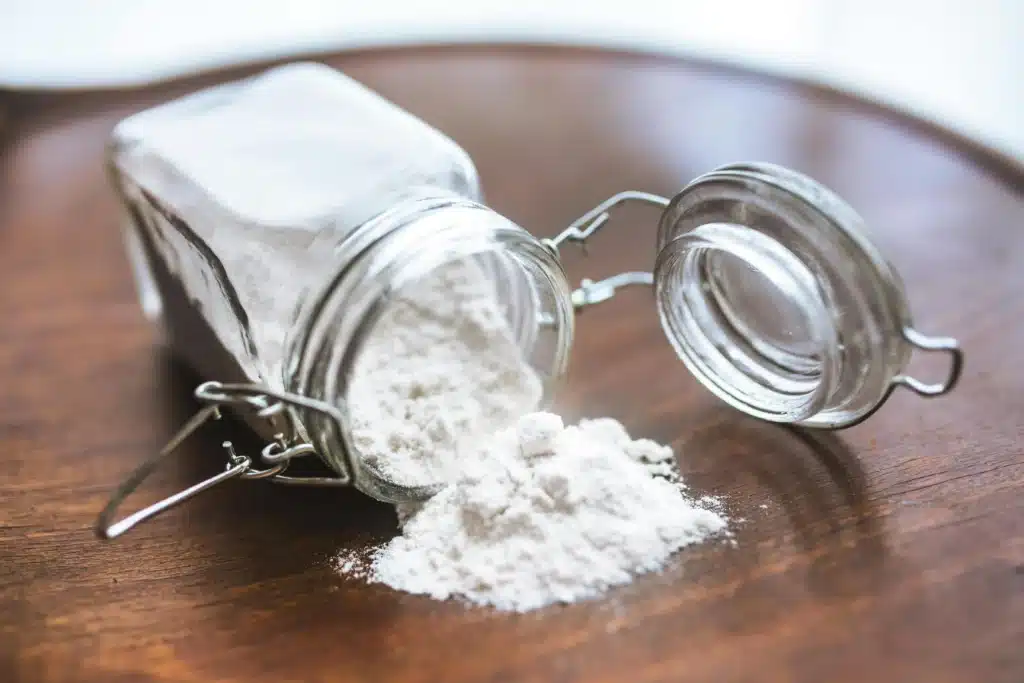
1. Eco-friendly Alternatives
When it comes to the environment, it’s crucial to explore eco-friendly alternatives for cleaning.
Switching to natural or biodegradable cleaning products can significantly reduce the impact on the environment.
For instance, using vinegar and baking soda as cleaning agents is not only effective but also environmentally friendly.
Considering homemade cleaning solutions using non-toxic ingredients serves as a sustainable alternative.
This approach not only minimizes exposure to harmful chemicals but also contributes to environmental conservation. For example, creating a simple all-purpose cleaner with lemon juice and water can be both effective and safe for the environment.
2. Reducing Chemical Use
To address the concern about chemical usage, implementing strategies to minimize the use of cleaning chemicals is essential.
Opting for multi-purpose cleaning products is an effective way to reduce reliance on various chemical-based cleaners.
These products not only simplify cleaning routines but also contribute to reducing chemical waste.
Moreover, embracing green cleaning practices plays a significant role in lessening reliance on chemical-based cleaners.
This involves utilizing methods such as steam cleaning and microfiber cloths, which require minimal or no chemical usage. By incorporating these practices into daily routines, individuals can actively contribute to environmental preservation while maintaining a clean living space.
7. Closing Thoughts
Understanding the proper disposal of cleaning chemicals is crucial for environmental and personal safety.
By tailoring our disposal methods to the specific types of cleaning products we use, we can minimize harm to the environment and protect our communities. Safe disposal practices not only benefit us now but also contribute to a healthier future for generations to come.
As I wrap up, I encourage you to take a proactive approach to implementing these safe disposal methods. Let’s be mindful of the impact our actions have on the environment and make conscious choices in disposing of cleaning chemicals. Together, we can make a significant difference in creating a cleaner, safer world for everyone.
Check out this article from Wikipedia on the Environmental impact of cleaning products
8. Frequently Asked Questions
1. How can I safely dispose of different types of cleaning chemicals?
To safely dispose of different cleaning chemicals, follow the specific guidelines for each type. For example, acidic or alkaline cleaners may require neutralization before disposal, while hazardous chemicals should be taken to a designated disposal facility. Always check the product labels for disposal instructions.
2. What are some sustainable practices for cleaning chemical disposal?
Engage in sustainable practices by opting for environmentally friendly cleaning products, reusing containers when possible, and properly disposing of empty containers. Consider donating unused or unwanted cleaning products to others who can use them.
3. Why is it important to understand disposal needs for cleaning chemicals?
Understanding disposal needs is crucial to prevent environmental harm and protect human health. Improper disposal of cleaning chemicals can lead to water and soil contamination, posing risks to wildlife and potentially impacting communities.
4. How can I maximize the use of my cleaning products to minimize waste?
Maximize the use of your cleaning products by following recommended dilution ratios, using appropriate amounts for each task, and storing them properly. This not only reduces waste but also ensures that you get the most out of your cleaning supplies.
5. What are some common methods for safely disposing of cleaning chemicals?
Common methods include following product-specific disposal instructions, taking hazardous chemicals to designated collection facilities, and utilizing community hazardous waste collection events. Never pour chemicals down the drain or into the environment.
